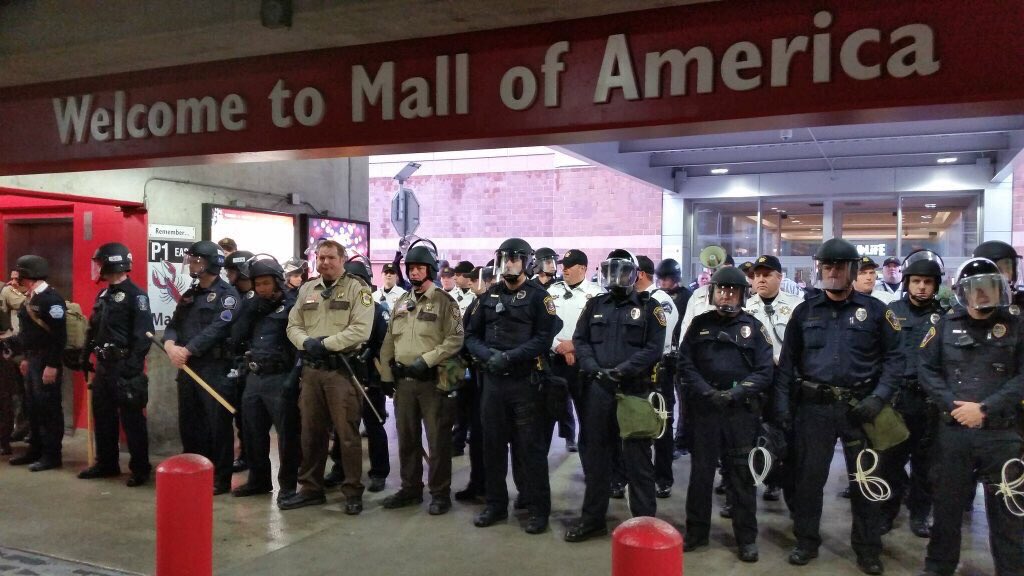| Drew Hart |
'Trouble I've Seen' is a needed next-step resources for those Christians who now find that they can no longer be colorblind and are awakened to the racial injustices occurring in the world around them. It is also a book for Christians of color with lived experience in these issues who are looking for a prophetic voice to articulate in a clear and persuasive way the notions they've sensed in themselves all along. Indeed, it's a book for all those wondering what Jesus would have to say about our racialized society today and what wisdom the bible brings to bear on our predicament.
Early on in his books, names many of the lives that have been lost in recent years to police and vigilante justice and lets us rest in the discomfort of the implications for the Church. He then methodically walks through the sordid history of race in the United States, and the Church's role in it. He notes that while race is arbitrary (biologically speaking), it is not meaningless (49).
Hart is careful to note the important prophetic call of the Black Church for racial justice, even in the face of White Christian Silence. He laments that "the white church and its monumental failure in this area is one of the great tragedies of American Christian history" (120). He goes on "My point is that the church’s understanding of racism is frequently too thin, narrow, and deficient for it to be antiracist in its witness" (28). Indeed "that Christian piety and oppression could so easily coexist should be horrifying" (72).
Hart observes that "Churches have often been the least helpful place to discuss racism and our white-dominated society" (20), noting that during the few time race is mentioned in our churches it is in isolated and passing ways that do not tackle the hard word of ongoing repentance and revelation. And yet, "though it is common for white people, especially white evangelicals, to talk about being color-blind, there is often no hesitation to speak about black problems...Race isn’t actually avoided, but discussion about racism is" (115).
Hart is also careful to makes special note of the historical and systemic oppression from which he himself has been exempt. For example, he exhorts his readers "please understand: there is no understanding the present without knowing how Native Americans have struggled in their own land just to exist. And unfortunately, white Jesus was the symbol to which they were told to conform" (144). Indeed, "too many in the American church have perpetuated the myth that this land was built on Christian principles rather than on stolen land and stolen labor" (145).
But Hart's book assures us of a hope in the redemption of a racially broken world. His beautiful retelling of the Gospel stories (beginning on page 60 of the book) was helpful in reminding the reader of the subversive nature of Jesus's life and ministry and who ultimately wins the day. Hart reminds us that "Jesus can help us transform how we understand and resist racism in our society. Through the Holy Spirit, Jesus can help us participate in God’s presence in the world rather than perpetuate racism unknowingly" (73).
Intrigued and want to learn more about 'Trouble I've Seen'?
Watch the MennoNerds conversation with author Drew Hart!
Also check out the publisher's interactive media for the book
and the publisher's discussion guide, written by yours truly!
Also check out the publisher's interactive media for the book
and the publisher's discussion guide, written by yours truly!







